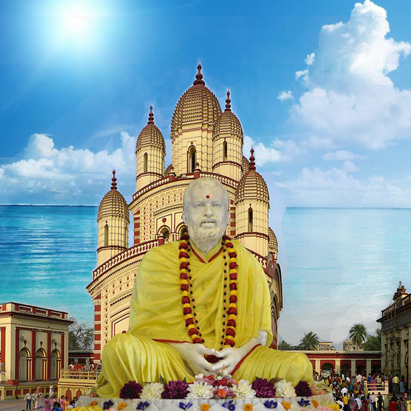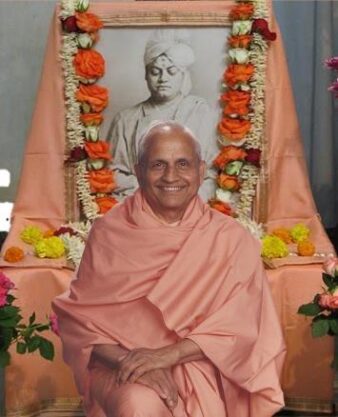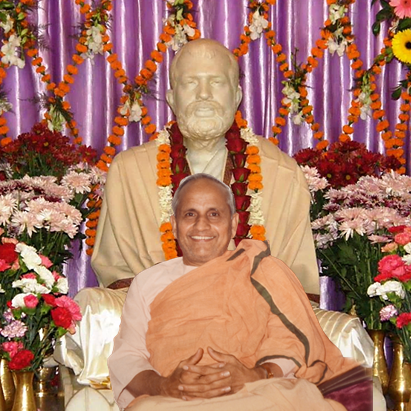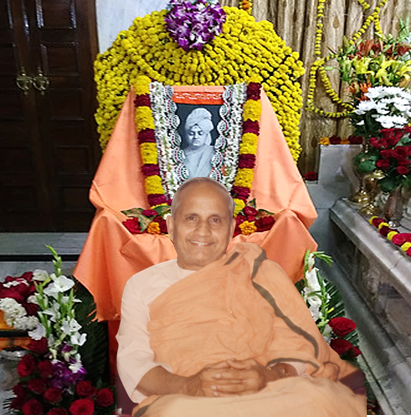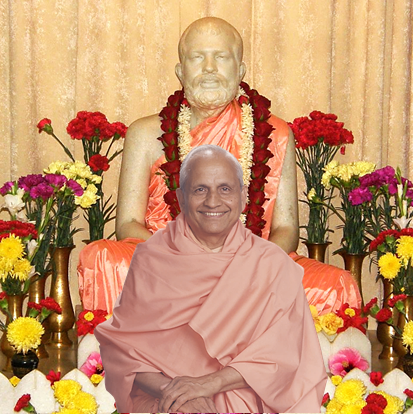Knowledge of Brahman - Upanishads
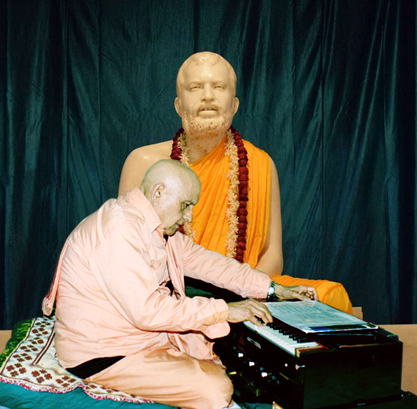
Knowledge of Brahman - Upanishads
Vajasravasa, desiring rewards, performed the Visvajit sacrifice, in which he gave away all his property. He had a son named Nachiketa. When the gifts were being distributed, faith entered the heart of Nachiketa, who was still a boy. He said to himself: Joyless, surely, are the worlds to which he goes who gives away cows no longer able to drink, to eat, to give milk, or to calve. He said to his father: Father! To whom will you give me? He said this a second and a third time. Then his father replied: Unto death I will give you. Among many I am the first; or among many I am the middlemost. But certainly, I am never the last. What purpose of the King of Death will my father serve today by thus giving me away to him?
Click Here to Read
